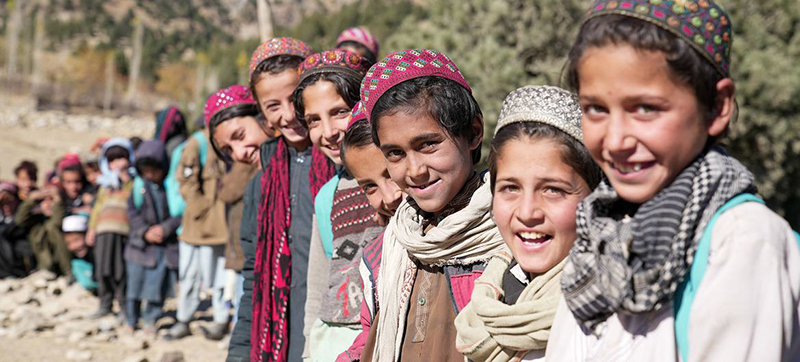 SDG
SDG The cost of achieving ambitious sustainable development targets is estimated at between $5.4 and $6.4 trillion per year between now and 2030, UN economists said on Tuesday.
According to the UN Conference on Trade and Development (UNCTAD), this represents between $1,179 and $1,383 per person, per year.
The study factors in 50 SDG indicators across 90 countries, covering three quarters of the global population.
For the world’s 48 developing economies, the shortfall is estimated at $337 billion annually, if they are to take the required action on climate change, biodiversity loss and pollution.
When expanded to cover all developing economies, using the median per-capita cost for the 48 in the study, total annual needs ris to between $6.9 trillion and $7.6 trillion.
Think smart
Although finding this kind of investment will likely be extremely difficult for countries with limited resources, the solution lies in allocating funding in cross-cutting areas, such as education, which also advances gender equality, poverty reduction and innovation – all Sustainable Development Goal (SDG) targets.
“Merely increasing funds won’t guarantee success. Governments, companies, investors and institutions need to strategically allocate their resources,” said Anu Peltola, who heads UNCTAD Statistics. “They don't have to stretch every dollar to cover every goal.”
Debt crisis
Analysis by UNCTAD indicates that the world’s wealthiest economies are expected to account for nearly 80 per cent of SDG expenditure between now and 2030. These countries generally face the highest annual per capita costs and the largest financing gaps.
Small island developing States also face high costs, with required spending on gender equality estimated at $3,724 per person, almost three times the average global requirement.
And while least developed countries face much lower costs per head, the required spending as a percentage of each nation’s overall economic output (GDP) is significant, reaching 47 per cent for education alone.
The UNCTAD analysis reveals major shortfalls in national spending trends towards sustainability. The biggest gap is in inclusive digitization, at $468 billion a year. Closing this gap would require a 9 per cent increase in annual spending.
Six areas of transformation
Conversely, improving social protection and decent job opportunities require less investment for the world’s 48 developing economies, at $294 billion, which would require a six per cent increase in annual spending.
The analysis focuses on six paths for transformation through sustainable development: social protection and decent jobs, transforming education, food systems, climate change, biodiversity loss and pollution, energy transition and inclusive digitization.
It covers indicators ranging from reducing greenhouse gas emissions and increasing protected forest cover to guaranteeing universal access to electricity and the internet, promoting literacy, fighting hunger and reducing mortality.
UNCTAD’s report also highlights the need to tackle the global debt crisis. Around 3.3 billion people live in countries that spend more on debt interest payments than on essential public services such as education and health.
Support Our Journalism
We cannot do without you.. your contribution supports unbiased journalism
IBNS is not driven by any ism- not wokeism, not racism, not skewed secularism, not hyper right-wing or left liberal ideals, nor by any hardline religious beliefs or hyper nationalism. We want to serve you good old objective news, as they are. We do not judge or preach. We let people decide for themselves. We only try to present factual and well-sourced news.







